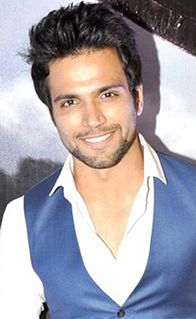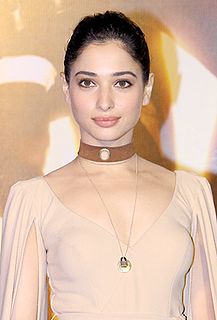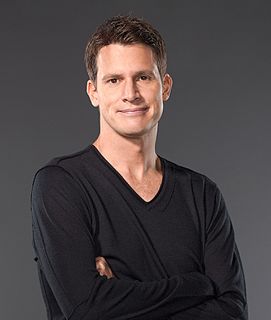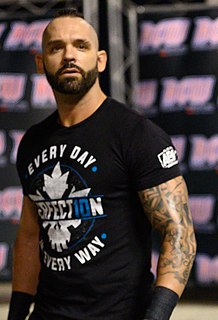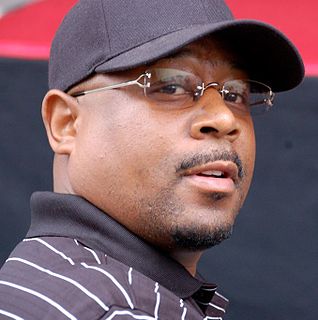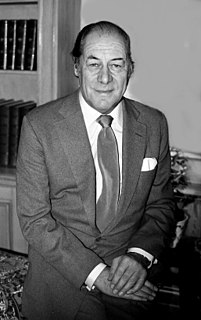A Quote by Rithvik Dhanjani
As an actor, you should always keep your trump card hidden from your audience. I want the audience to keep expecting more and more from me. I want to do 'different' work - good and memorable roles - so that audience appreciate me more. That's why I love to surprise my audience with something they never expect me to do.
Related Quotes
. . . I felt that making her one-dimensional would be an insult to the audience, and also not as interesting. All destructive people have an inner side to them, and the more three-dimentional your characters are on screen the more compassion you can open up in an audience . . .. To me, that involves the audience more, it stimulates them and asks more of them.
I think when you're younger, as an actor you have much more of a notion that you are doing something to the audience. But with experience, I think you begin to worry less about what the audience's experience is and concentrate on working with the other actors, and that tends to let the audience do more work.
I gravitate towards anything that feels challenging to me, that feels like it's gonna be saying something a bit different and new to the audience, and anything that moves me. I do movies that I would want to see, so I don't necessarily gravitate towards any genre in particular. I just try and do the best work I can and also try to keep the audience guessing.
I'm going to be cremated from the neck down. And at my funeral, when people are talking about me, they have to hold my head. And then at the end, they have to kick me into the audience and the audience has to keep me up for at least three hits or you have to start the whole service over. No cradling it - I want legit sets.
I seek a diverse spectrum of roles. If I just was in a large-budget feature for a younger audience, then I want to find a smaller, more character-driven piece that might be for a more mature audience. Or if I'm playing a goofier character, then maybe I want to go play a serious, psychopathic character. But at the same time, it's usually a case-by-case basis where I'm judging the merit of a role by the script I'm given, and it usually has less to do with the larger framework and more to do with how the part personally appeals to me in that moment.
Acting is bad acting if the actor himself gets emotional in the act of making the audience cry. The object is to make the audience cry, but not cry yourself. The emotion has to be inside the actor, not outside. If you stand there weeping and wailing, all your emotions will go down your shirt and nothing will go out to your audience. Audience control is really about the actor
